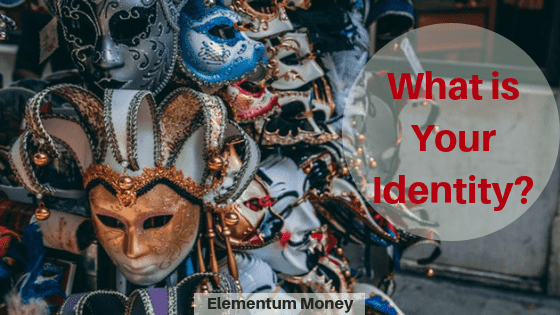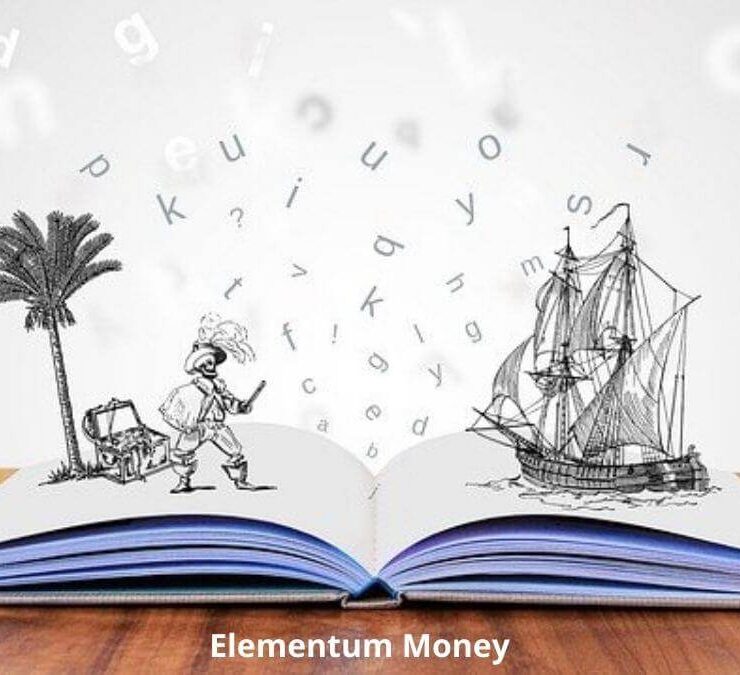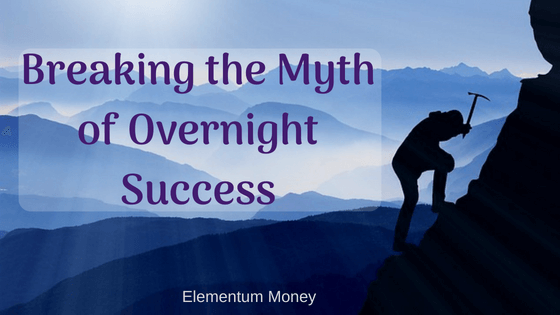Off late I have been fascinated with getting a basic or nascent understanding of varied fields. I have started having a passion for reading books in different fields, discovering new worlds and especially the reading in wide eyed wonder some things I never imagined.
One of my the most fascinating reads I have had in a long time was this book called “Behave” by Stanford neuro endocrinologist Robert Sapolsky. It was not an easy book and the jury is still out on how much I understood or how much I even retained.
One critical point the book drove home was the fact that we view the world as an Us vs Them dichotomy. Essentially, humans who are different than us get our antlers up and make us unsure. But then, the two words us and them are both quite subjective. Even if we say the word them encompasses anything that is not an us, what really defines us.
When I started thinking about this definition of us, I realised that in my head it all boils down to a sense of identity that we derive. In some ways, identity is a label that can be given either by the society or even by us for how we see ourselves. Confused?
Let’s take an example. How would you define yourself? Me? At the most basic level I would say I am a 31-year old Indian female. But, when it comes to identity, it can really be like an onion, with the unravelling of each successive layer leading to a new discovery and in some ways a new label of self. It is some of those facets of our identity that also make us seek specific affiliations to people and associations.
Identity in a lot of ways ends up being like a way to label ourselves, a lens to how we view the world and a GPS to guide our life’s path. It is a multi-faceted aspect with which we view the world and through which the world ends up categorising us.
As I mulled some more, I could derive the following seven sources of identity. Check it out and see how many you relate to yourself:
Fact based identity
This is the most basic source of identity, most of which are in place before we gain consciousness. Some of our core aspects are derived from the facts of our life, be it age, gender, name, nationality or religious affiliation. However, most of us may feel strongly towards one and not so strongly towards another one of these facts. For instance, I derived a strong sense of identity from my name Aparna Aggarwal and I decided not to change it even after marriage. On the other hand, I can just not fathom organized religion. I believe in God but not religion per se. I would rather show my affiliation to all possible religions than be rigidly attached to one.
Relationship based identity
Think about all the relationships you cater to in your life. Being a child, a friend, a spouse or a parent makes you view the world from a different lens as well as helps the world categorize you. When you play any of these roles you are able to empathize and relate much more to people in the same boat. Even a lot of your social settings end up being defined by the roles you play.
When my nephew was born seven years back, I pretty much drilled my identity as an aunt down the throats of my suffering colleagues. Every day I had photos of my nephew which they had to mandatorily see, nod to and acknowledge.
Alma Mater based identity
One of the dictums that my parents had was that I and my sister had to make sure we study only at reputed colleges. Good for them, both of us managed to do just that! For my graduation, I went to a college called Lady Shri Ram College. The identity for graduates from this college is very sharply defined in the psyche of most people in this country, as intellectual, sharp, strong and feminist women. Trust me, I am not kidding. Do a dipstick to see how correct I am proved. Similarly, when recruiters see the three letters IIT and IIM on a candidate’s CV, it is immediately assumed that the person is a whizkid and worth being hired for almost any job whatsoever. So, yeah, even decades after you pass out of a certain college, your alma mater remains a crucial part of your identity.
Work based identity
Ever heard the joke where someone is asked what they do for a living and the person responds that he is a software engineer with Company X. The questioner tells him that he did not ask what the person does to earn money but rather what he does for a living.
While we all tend to laugh at this joke ironically, when we spend more than half our waking hours at the workplace, it is obvious that we will derive a sense of identity from our work. Yes, for some of us work can make us miserable but that does not take away from the fact that it still is a big part of our identity. It’s how the world sees us and also how we end up with a lot of affiliations as well as a way of thinking.
When I meet someone at my workplace for the first time, a discussion about the work experience does become a big part of the conversation as well as a source of connecting threads. When we end up spending a long time in a particular organisation or industry, this point of the identity just ends up getting stronger.
Trait based identity
We all have certain traits as a person. These traits help people put us into labels and know what to expect from us. Traits form a big part of our identity. So much so that personality tests like Myers Briggs are used to identify those traits and then predict how people with certain traits make decisions.
From personal experience, I know that procrastination has been a trait of mine for some years. Even if I tend to forget it, my father is quick to point it out as a big part of my identity telling me how I do everything last minute and continues with his efforts to change that.
Traits though are a part of your identity that you can work on changing if you realise that it’s not something you are happy about. For instance, you have been an introvert all your life and realise that it is something you might want to change. You could find enough avenues to put yourself out there among strangers and attempt to engage and make conversation to give you more confidence and a self identity as someone who can talk to anyone.
Passion based identity
This part is a little tricky but bear with me. Here, I will take the help of this quote from an interesting academic paper from a journal called Self & Identity
Our passions are an important part of who we are. They are used to define ourselves and are often used to present ourselves to others. The Dualistic Model of Passion (DMP; Vallerand, 2010, 2015; Vallerand et al., 2003) defines passion as an activity that people like (or love), find important, highly value, in which they invest time and energy, and that they integrate into their identity.
In my opinion, it does not have to be an activity per se but could also be an area or topic of interest for which an individual is passionate and becomes defined by it. As a passion, it is possible to start out as a nascent curiosity, to a higher level of interest before you really take enough action on it to make it a part of your identity.
When I was still in marketing, I developed an interest in Personal Finance and began to lap up everything possible about it. Then I prepared to become a Certified Financial Planner and started blogging about it, making this part of my identity even stronger and gradually morphing it into a work-based identity.
Habit based identity
This is something that I have come to accept very recently thanks to an article by a blogger I look up to, James Clear. In the article, he talks about how some habits can be identity-affirming and that’s when they also stick with us, often for a lifetime. For instance, today I think of myself as a person who writes multiple times a week, be it for blog posts, freelance commitments or a dream project of a book. I think of myself as someone who goes to the gym three times a week with the sole intent of staying fit. In my view, habits and identity can be mutually reaffirming. Habits create our identity yet only when we consider some of our habits as a part of our identity do they end up sticking.
In the interest of honest disclosure, let me put it out that I have no training in sociology and these are some sources I have seen identity being derived from. The thoughts are personal and not really backed by academic interest or research.
Have you ever given more than a passing thought to identity? What are some sources from which you see identity being derived? Let me know in the comments below.





Leave a Reply